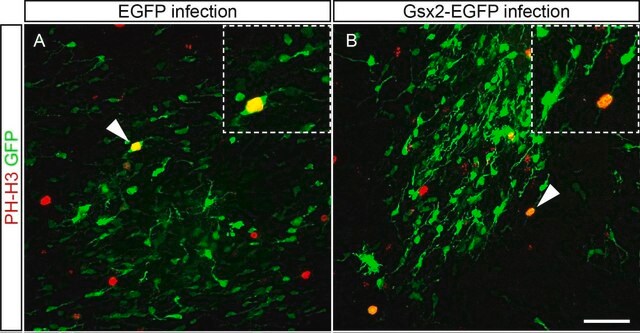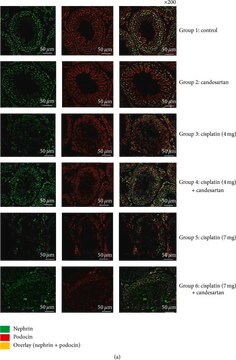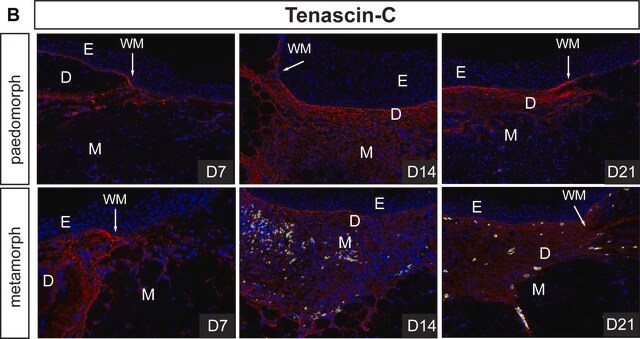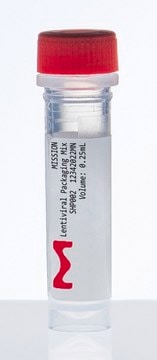MAB4381C3
Anti-TRA-1-81 Antibody, clone TRA-1-81, Cy3 conjugate
clone TRA-1-81, from mouse, CY3 conjugate
Synonyme(s) :
Podocalyxin, GCTM-2 antigen, Gp200, Podocalyxin-like protein 1
About This Item
Produits recommandés
Source biologique
mouse
Niveau de qualité
Conjugué
CY3 conjugate
Forme d'anticorps
saturated ammonium sulfate (SAS) precipitated
Type de produit anticorps
primary antibodies
Clone
TRA-1-81, monoclonal
Espèces réactives
human
Technique(s)
immunocytochemistry: suitable
Isotype
IgM
Numéro d'accès NCBI
Numéro d'accès UniProt
Conditions d'expédition
wet ice
Modification post-traductionnelle de la cible
unmodified
Informations sur le gène
human ... PODXL(5420)
Description générale
Spécificité
Immunogène
Application
Stem Cell Research
Pluripotent & Early Differentiation
Qualité
Immunocytochemsitry Analysis: A 1:100 dilution of this antibody detected TRA-1-81 in H9 human embryonic stem cells.
Description de la cible
Forme physique
Stockage et stabilité
Remarque sur l'analyse
H9 human embryonic stem cells
Autres remarques
Clause de non-responsabilité
Vous ne trouvez pas le bon produit ?
Essayez notre Outil de sélection de produits.
Code de la classe de stockage
12 - Non Combustible Liquids
Classe de danger pour l'eau (WGK)
WGK 2
Point d'éclair (°F)
Not applicable
Point d'éclair (°C)
Not applicable
Certificats d'analyse (COA)
Recherchez un Certificats d'analyse (COA) en saisissant le numéro de lot du produit. Les numéros de lot figurent sur l'étiquette du produit après les mots "Lot" ou "Batch".
Déjà en possession de ce produit ?
Retrouvez la documentation relative aux produits que vous avez récemment achetés dans la Bibliothèque de documents.
Notre équipe de scientifiques dispose d'une expérience dans tous les secteurs de la recherche, notamment en sciences de la vie, science des matériaux, synthèse chimique, chromatographie, analyse et dans de nombreux autres domaines..
Contacter notre Service technique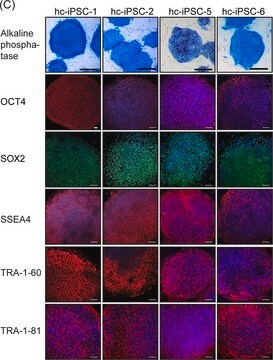
![Anti-OCT-4 [POU5F1] Antibody, clone 7F9.2, Alexa Fluor™ 488 conjugate clone 7F9.2, from mouse, ALEXA FLUOR™ 488](/deepweb/assets/sigmaaldrich/product/images/405/633/324511fc-ecc5-4c49-9d9d-8cf25ab28d40/640/324511fc-ecc5-4c49-9d9d-8cf25ab28d40.jpg)
